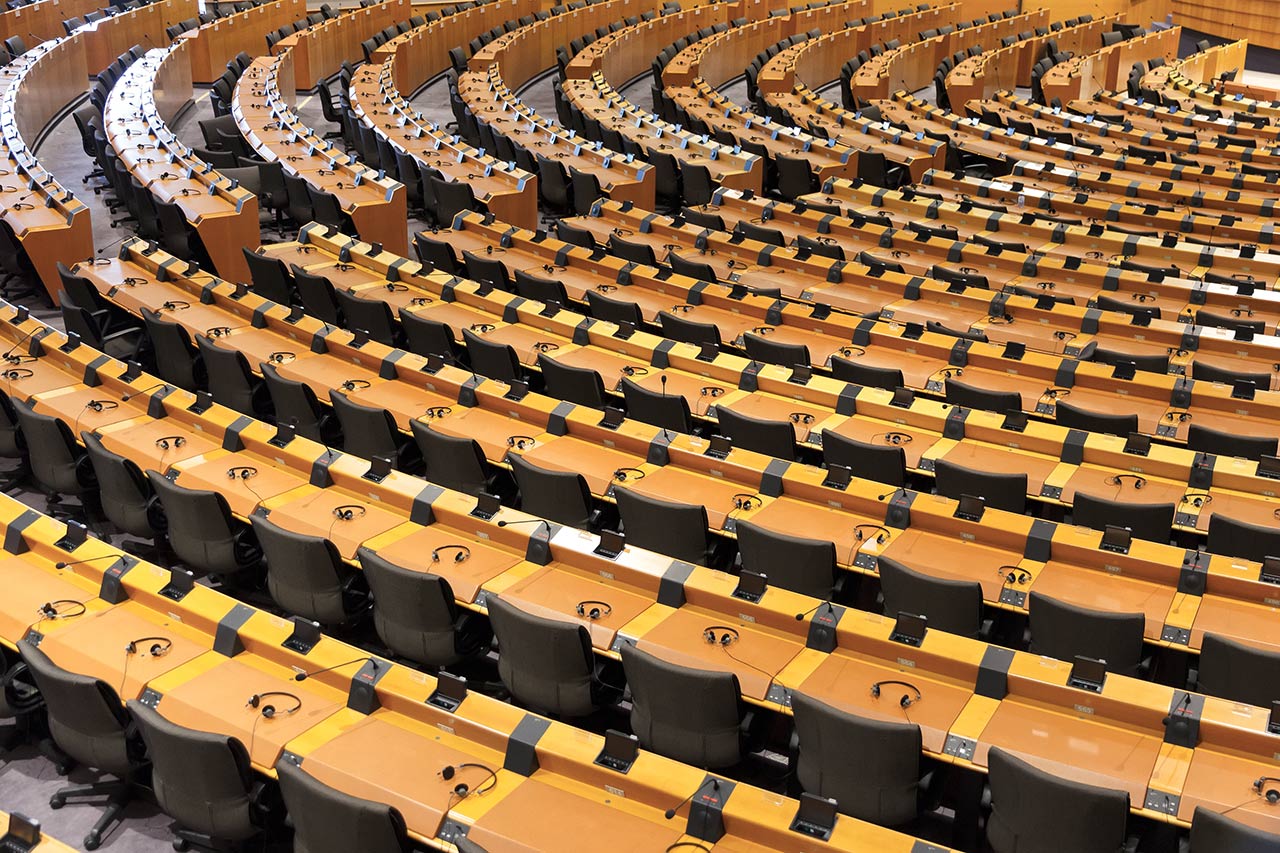Dissent and democracy
‘Dissent’ is a broad term which can variously encompass dissenting speech, civil disobedience, revolutionary acts or even terrorism. These...
Question
Is dissent justifiable in a democracy?
Answer
‘Dissent’ is a broad term which can variously encompass dissenting speech, civil disobedience, revolutionary acts or even terrorism. These differ in the extent to which they involve breaking laws, rules or norms, or make use of violence. Therefore, it is important to separate the various issues in order to address them effectively.
Dissenting speech, so the line goes, is not only justifiable but integral to a functioning democracy. There are obviously some extreme cases which challenge the extent to which this can apply, but for the most part there is a consensus around free speech in western democracies.
On the other hand, acts of dissent which involve the breaking of laws are much more contentious. This is because there is some disagreement about the nature of our obligations to follow society’s rules. What is legal is not always necessarily moral and vice-versa; this is clearly demonstrated in numerous examples of oppressive laws throughout history. The question is, what gives laws their legitimacy?
If laws are legitimate only insofar as they are moral, then there would appear to be some instances in which it is morally justifiable to break the law. On the other hand, there are some who argue that laws simply derive their legitimacy from the institution which enacted them. In a democratic society, this legitimacy is typically obtained from the collective will of the citizens who put that institution into place. On this basis it is possible to argue that, in fact, the breaking of laws as an act of dissent cannot be justifiable in a democracy, since that act runs contrary to will of the democratic mandate. While this may be a tempting argument, it is worth bearing in mind that the transmission of legitimacy between citizens and those is power is not efficient. The majority of laws were enacted under a different populace, whose opinions may have differed wildly from the present electorate. Furthermore, direct democracy is rare; most democracies operate on a representative basis, and it is quite likely that the actions of representatives in fact fail to match the will of those who elect them over time.
What seems clear is that the justifiability of dissent is highly contextual; some dissenting acts are later considered to be morally heroic whereas others are shown to have been misguided.
